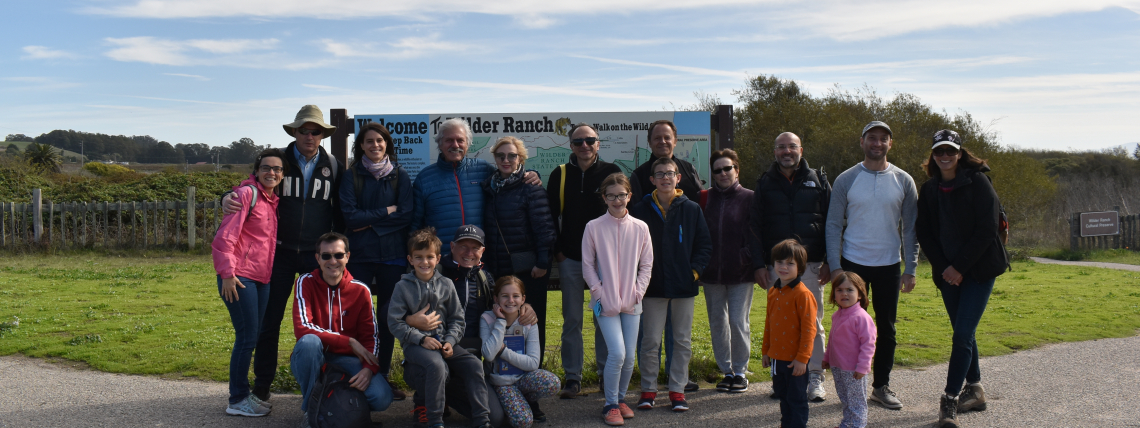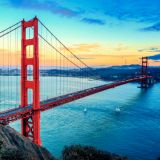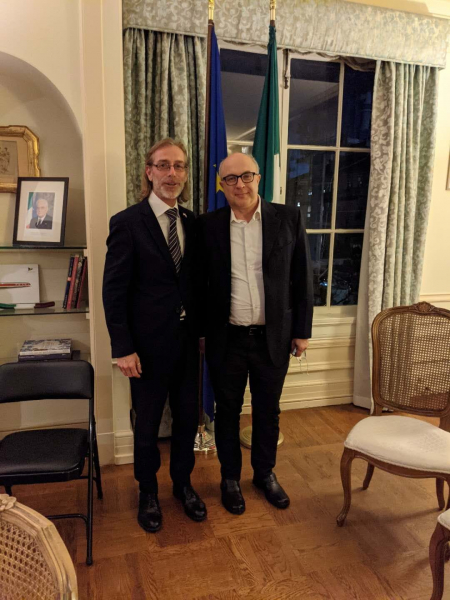
On February 10th 2018 in San Francisco Nicolo’ Spiezia gathered 30 people, who graduated at University of Padova, and who were eager to meet, exchange experiences, make friends and recall the memories of their years spent at University. The group recognized itself as a branch of the Alumni association of the University of Padova, identifying goals, values and a mission that motivated the members to start a no profit association. The support of the Italian General Consulate of San Francisco, the Italian Institute of San Francisco and the work of a small group of members who committed to work for the growth of the association, made possible the establishment of a no profit association, which was officially founded on February 17th 2019, one year after the first courageous kick off given by Nicolo’. Today our association works to support and delight the life of their members through networking opportunities, recreational activities, professional and personal enrichment. Additionally the association wants to strengthen the link with the University of Padova and facilitate exchange programs of students, scholars and entrepreneurs between the Bay Area and the University of Padova. To get in contact with the Board of Directors write to: sanfrancisco.alumni@unipd.it








